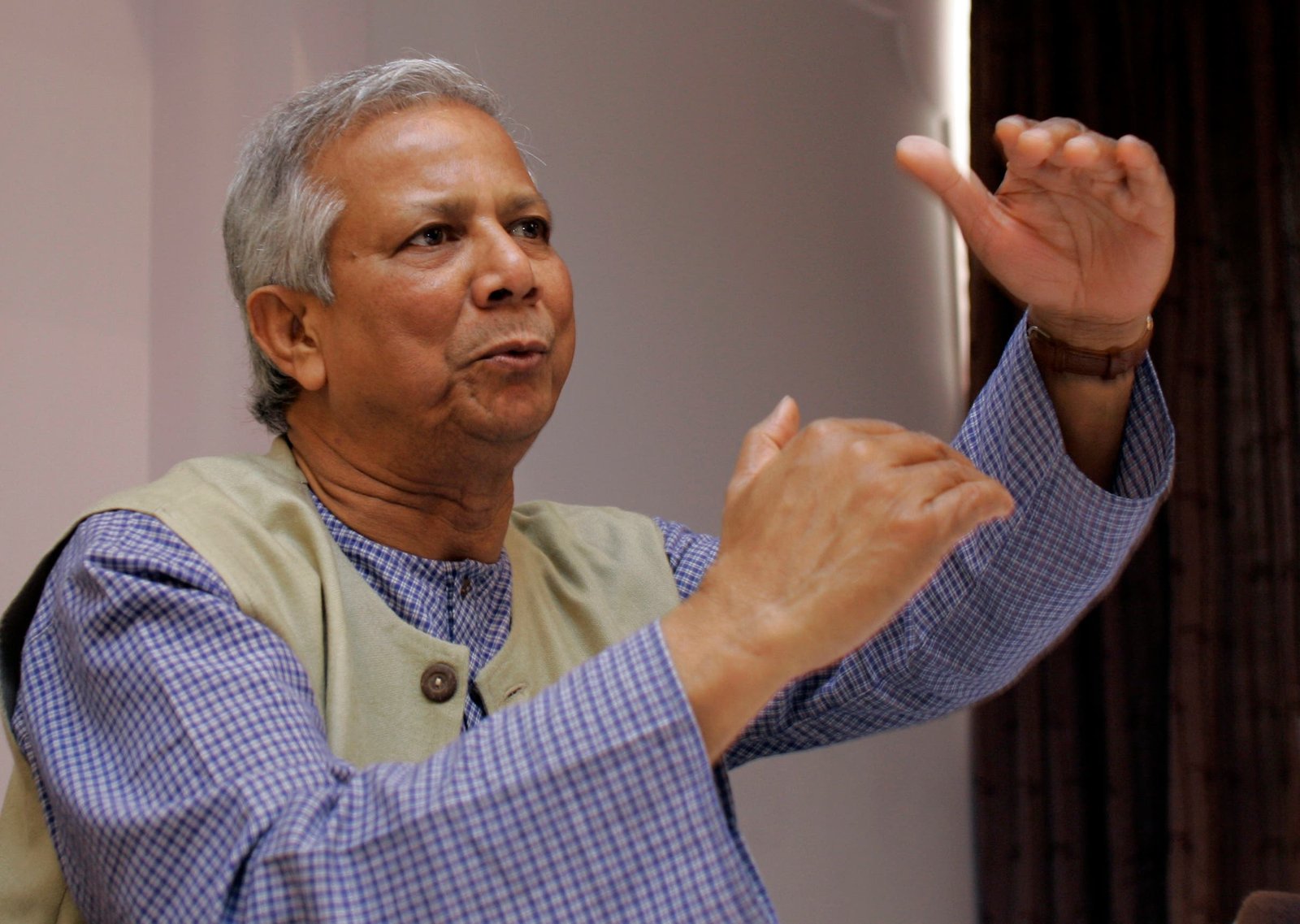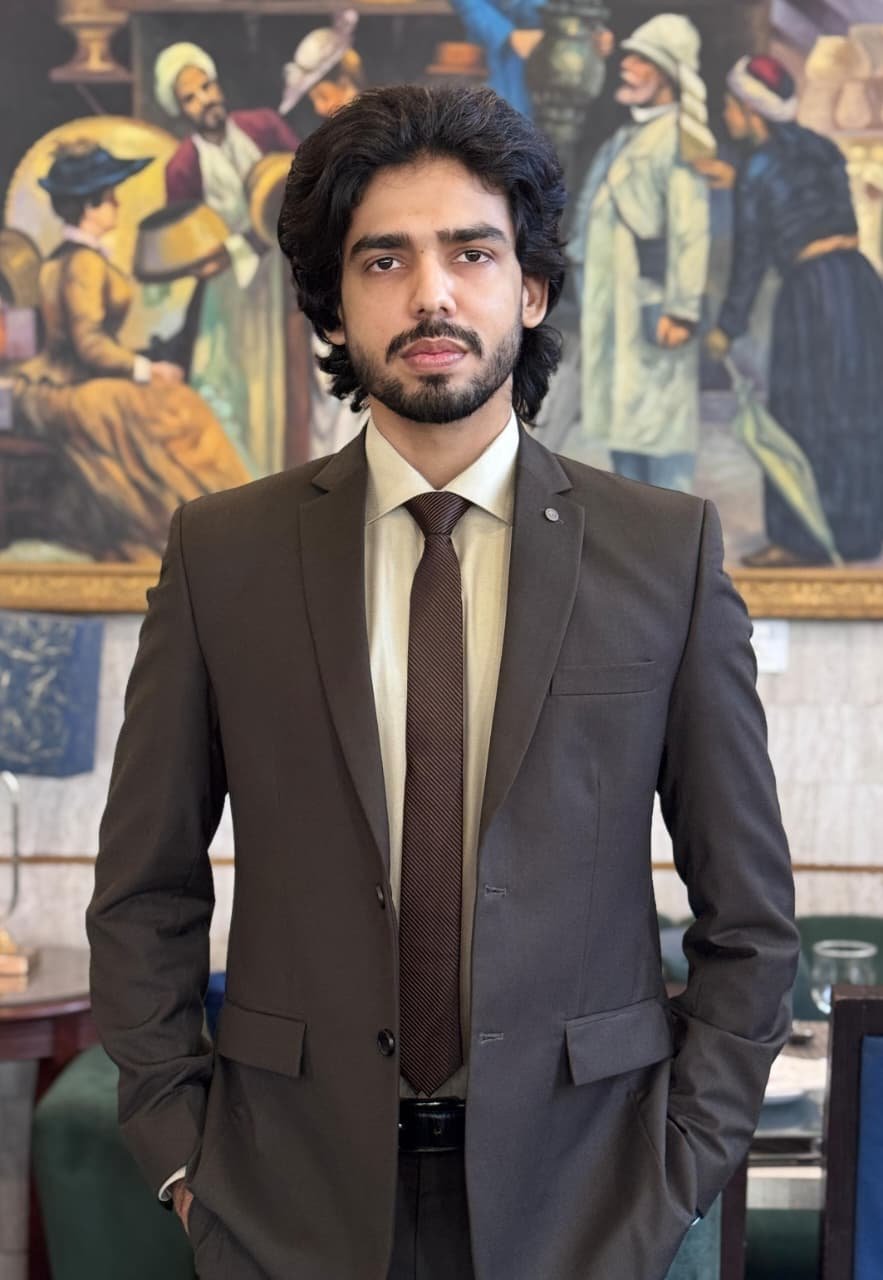Mudassir Riaz
Yunus, the Nobel-winning microfinance pioneer, has been proposed to lead an interim government, replacing ousted premier Sheikh Hasina. The 84-year-old influential figure, also known as the ‘banker to the poorest of the poor,’ gained international acclaim for his innovative microfinance initiatives. His revolutionary work involved providing small cash sums to rural women, enabling them to invest in various endeavors, thus boosting their earnings. The impact of Yunus’ Grameen Bank, which he established, not only earned accolades for fostering rapid economic growth in Bangladesh but also served as a beacon of hope for poverty alleviation in numerous developing nations.
Yunus, a relentless advocate for poverty eradication, has not been immune to opposition. Ousted premier Sheikh Hasina, during her 15-year tenure marked by growing intolerance for dissent, publicly criticized him, accusing him of exploiting the underprivileged. Yunus, undeterred, briefly announced plans to establish a new political party, ‘Citizen Power,’ aimed at reshaping Bangladesh’s confrontational political landscape. Despite abandoning these plans, his opposition to the ruling elite sparked sustained animosity. He faced over 100 criminal cases and a targeted smear campaign, including allegations of promoting homosexuality. Yet, his spirit remains unbroken.
Pl subscribe to the YouTube channel of republicpolicy.com
If Yunus were to lead a caretaker government, it could potentially bring about significant changes in Bangladesh’s political landscape. His leadership could pave the way for a more inclusive and tolerant society, aligning with his vision of a liberated Bangladesh. In 2011, despite Yunus’ efforts to contest the decision, the government forced him out of Grameen Bank, a move that was upheld by Bangladesh’s highest court. The situation worsened when he and three colleagues were convicted in a labor law case, with many deeming the charges politically motivated. As a result of the recent protests that led to Hasina’s resignation, student leaders have expressed their expectation to meet with the military, urging Yunus to lead a caretaker government. Although Yunus has not directly responded to this proposition, he commented in an interview about the state of the country under Hasina’s leadership, expressing hope for a liberated Bangladesh.
Yunus’ upbringing in Chittagong, where he witnessed pervasive poverty, influenced his decision to address the immediate needs of the people around him. His experiences and observations led him to establish the Grameen Bank in 1983, which currently serves over nine million clients, the majority of whom are women. Over the years, Yunus has received numerous accolades, including the US Presidential Medal of Freedom, a testament to his remarkable contributions to combating poverty and empowering disadvantaged communities. His work has not only transformed Bangladesh but has also been a source of pride for the global community.














